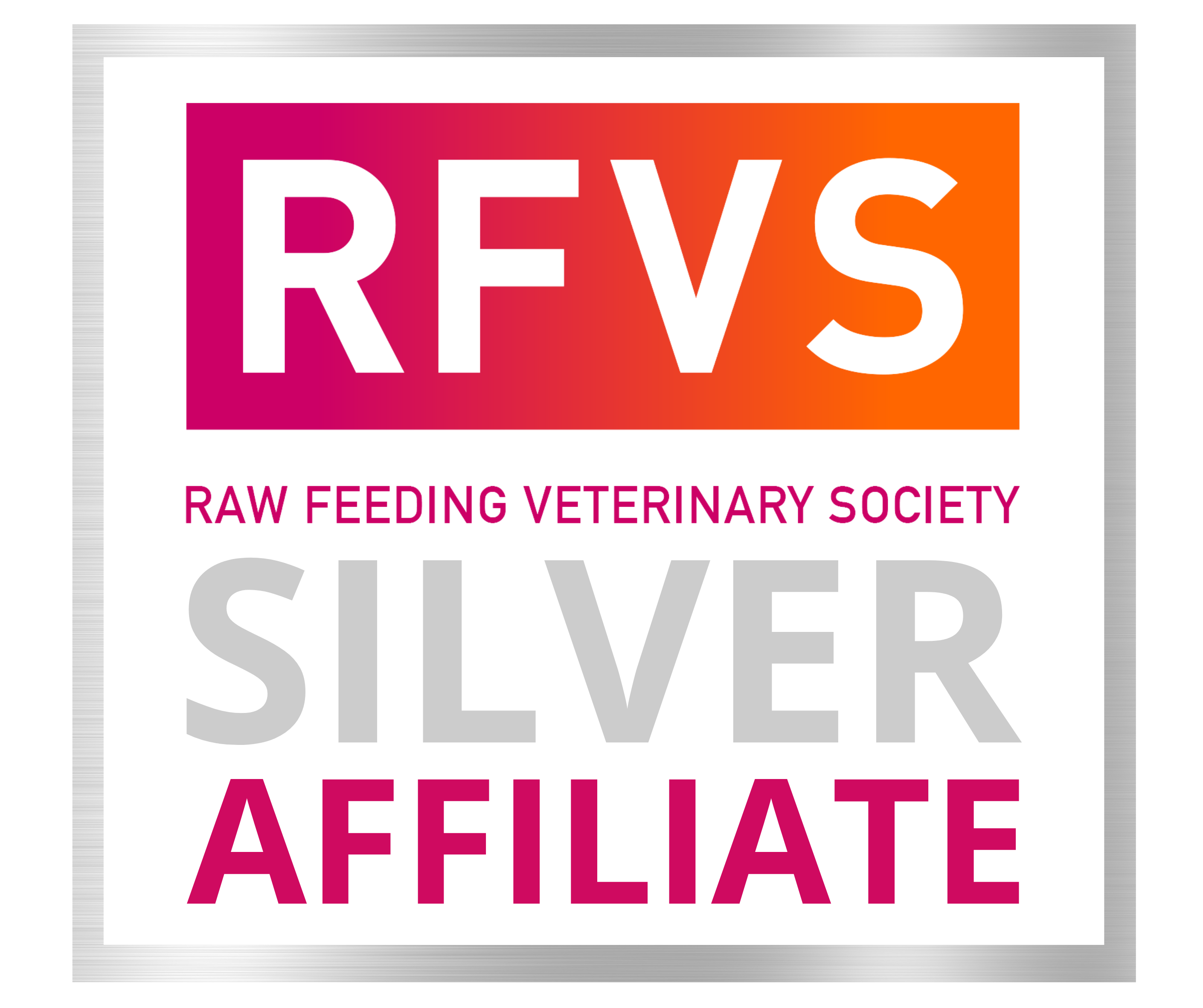Cancer
WHAT CAUSES CANCER?
Inflammation leads to cancer. Cancer (abnormal cell growth) is the ultimate failure of the immune system. Inflammation is an important part of our immune system - it helps us fight against infection. But ongoing inflammation comes with a cost: it increases the risk for chronic diseases, including cancer. The cells in our body have 'control towers' which tell them when to reproduce, and when to die (apoptosis). Inflammation can damage the 'control towers,' leading to unregulated reproduction, suppression of apoptosis, and tumour formation. A combination of diet, lifestyle, exposure to environmental toxicity, over burdening of the immune system, and sometimes genetics play a part. A few of the many potential carcinogens include: inappropriate diet, weed sprays, insecticides, household cleaners, plastics, chemicals put directly onto pets, and chemicals ingested by pets.
DIETARY FATTY ACIDS
Mammals require a balance of PUFAs (polyunsaturated fatty acids) to control pathways involved in inflammation. Put simply:
- Omega-6 PUFAs stimulate inflammation (useful if you need to fight infection),
- And omega-3 PUFAs suppress this pathway (vital for preventing excessive inflammation).
People, dogs and cats require an optimal ratio of O-6 to O-3 dietary PUFAs in order to control inflammation. A diet with too much O-6 promotes excessive inflammation, and the consequences that follow. Unfortunately, the typical processed western diet – for both humans and their pets – is loaded down with omega-6 fatty acids and deficient in omega-3s. Grains and vegetables oils are high in O-6. Meat from wild, or extensively farmed (free-range) prey-species are high in O-3.
CARBOHYDRATES
Many cancer cells rely on the glucose in carbohydrates to grow and proliferate. If you limit or eliminate that energy source, you may do the same with the cancer's growth. We discourage feeding diets high in carbohydrates. Carbohydrates to avoid include: grains, fruits, and starchy vegetables. All dry pet foods (including ‘grain-free’ dry foods) contain starch (it is not possible to create a dry food without it), which is one of the reasons we are not fans of dry food.

A SPECIES-APPROPRIATE DIET
For cats and dogs, a healthy species-appropriate diet is:
- High in good quality species-appropriate protein (including muscle meat, organs and bone).
- Contains moderate levels of good quality fat, and high levels of EPA and DHA (O-3 fatty acids).
- Good quality fats are found in abundance in wild prey species who have a feasted on a wild diet themselves (rabbit, hare and wallaby are great sources).
- Omega-3’s are found in oily fish.
- Includes the beneficial addition of green tripe – full of probiotics, digestive enzymes and super green nutrients.
Based on what we know about how cancer develops, the best advice would be to optimise the diet, and minimise exposure to toxic chemicals.
